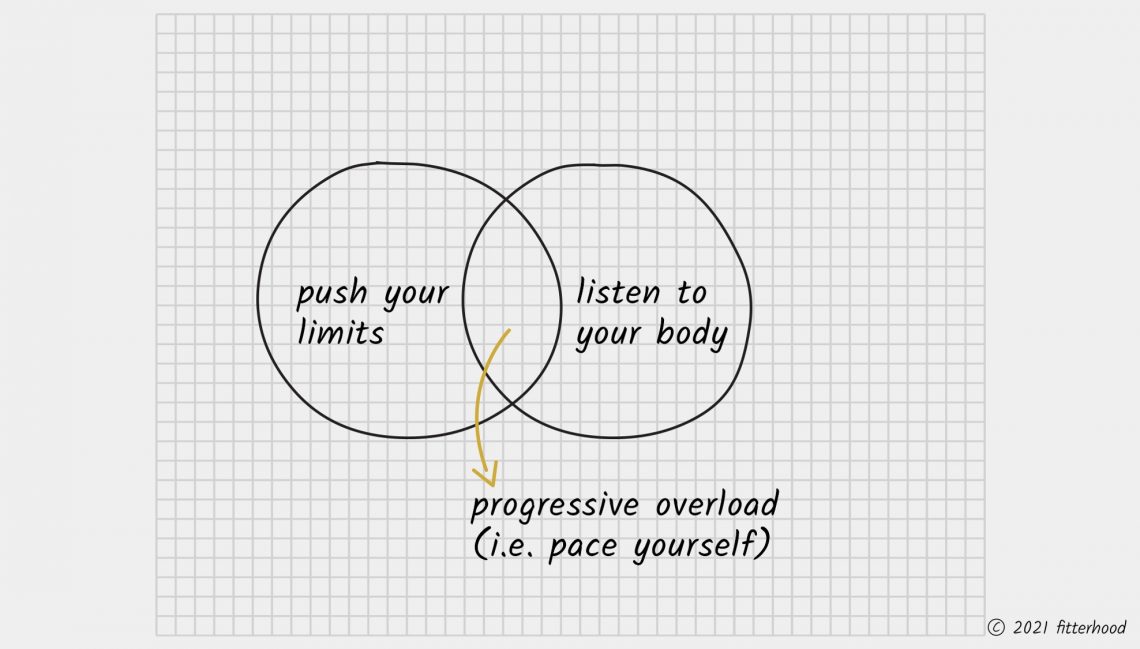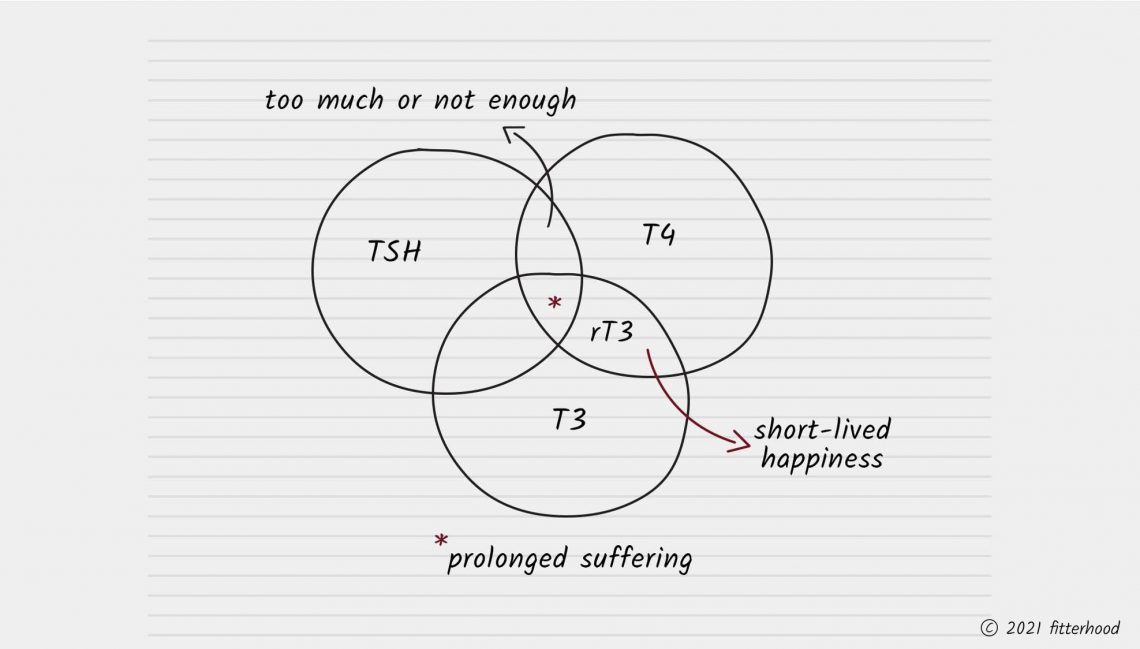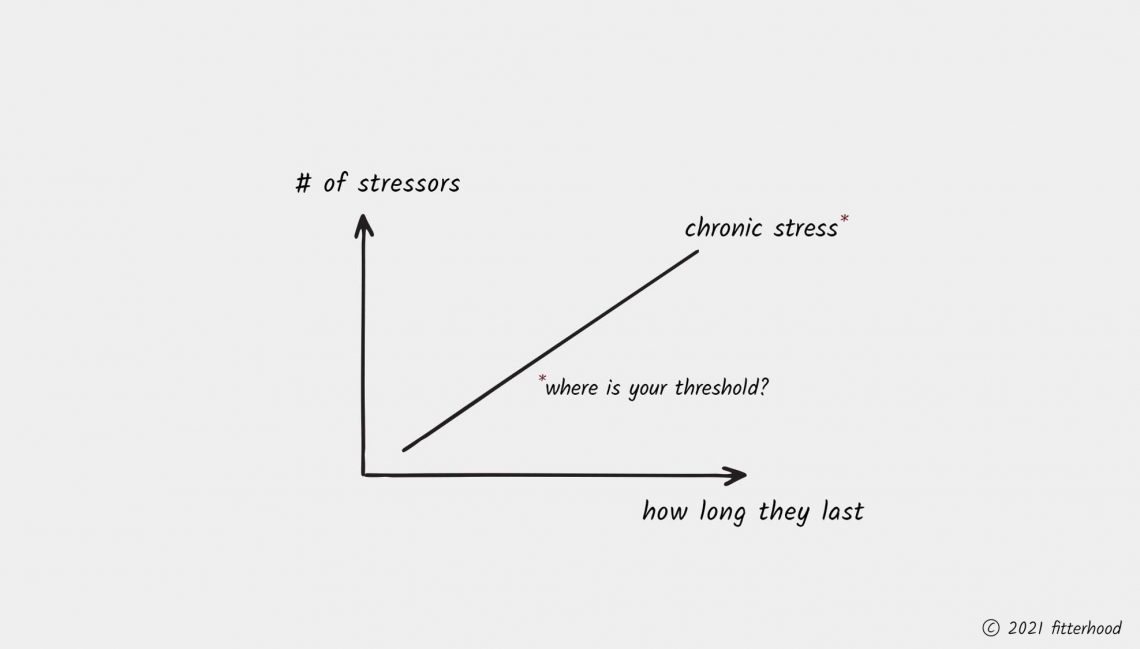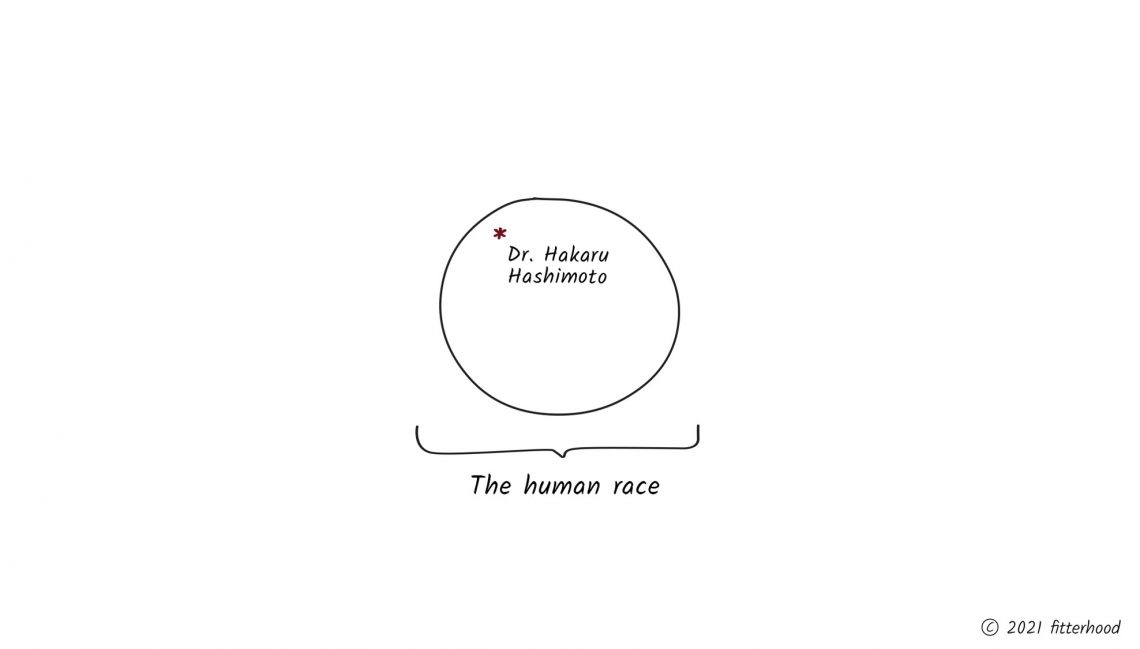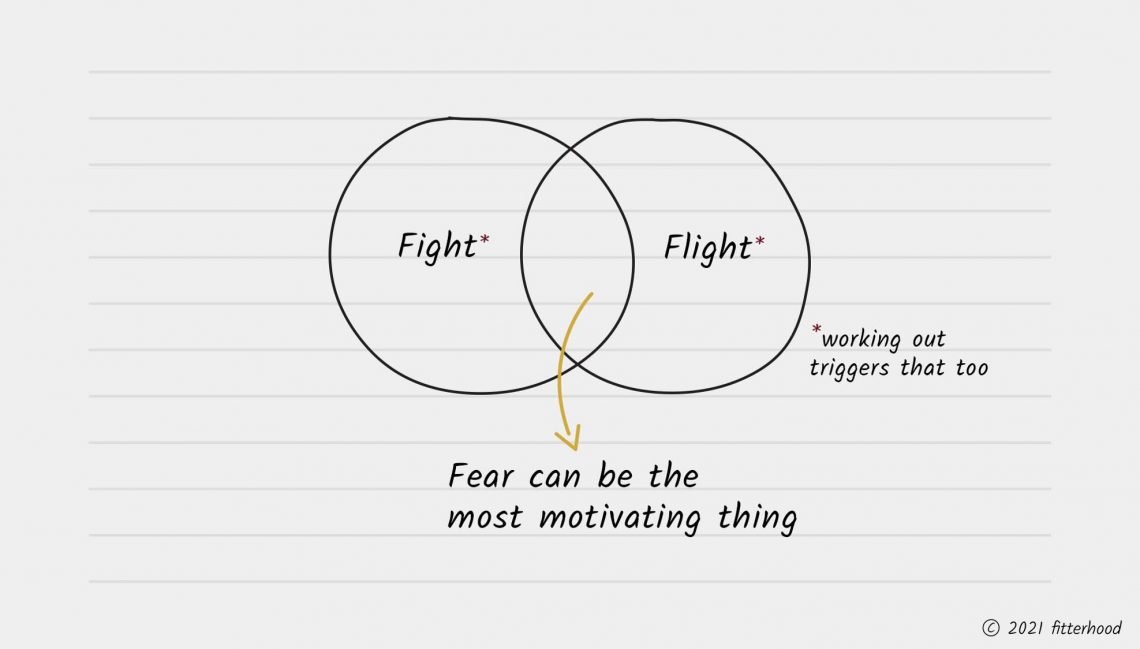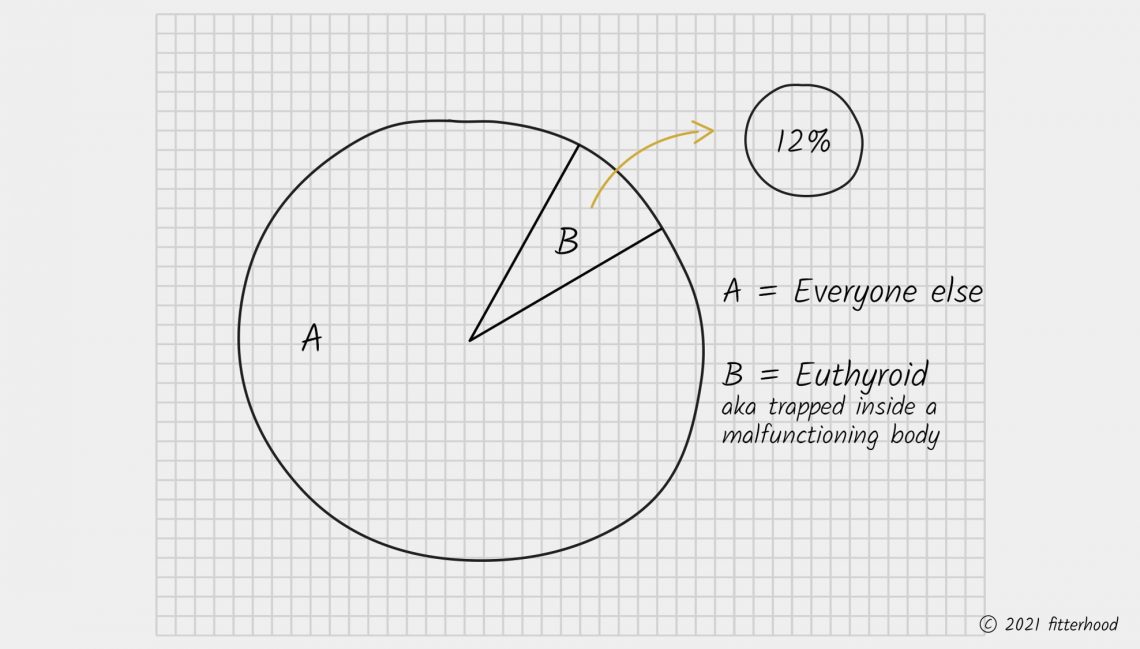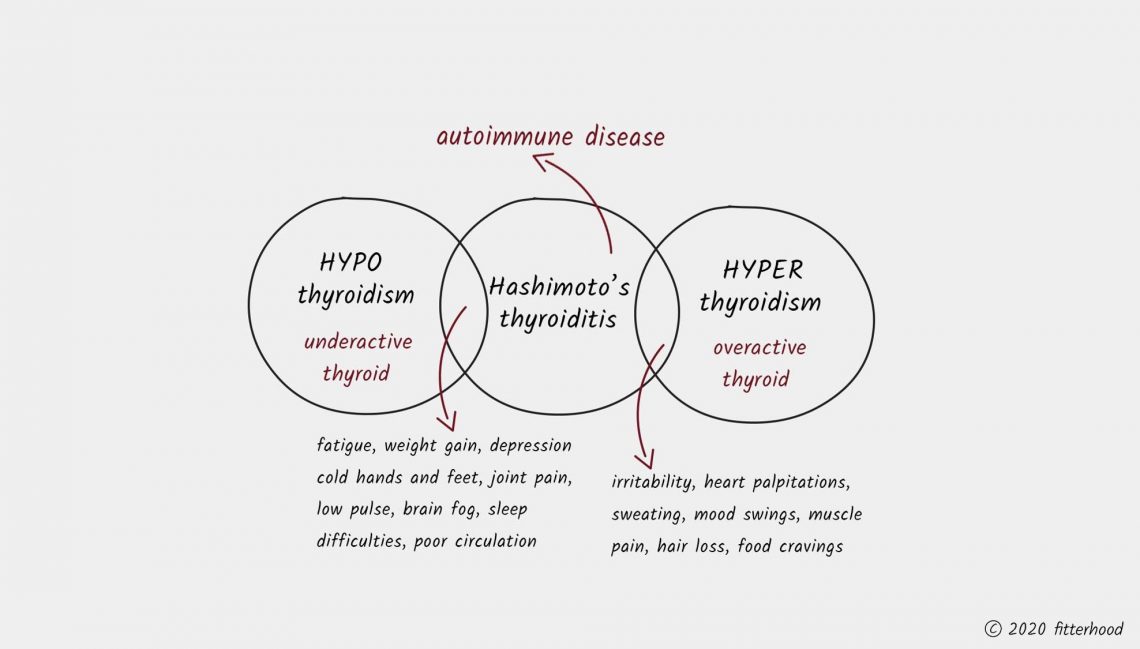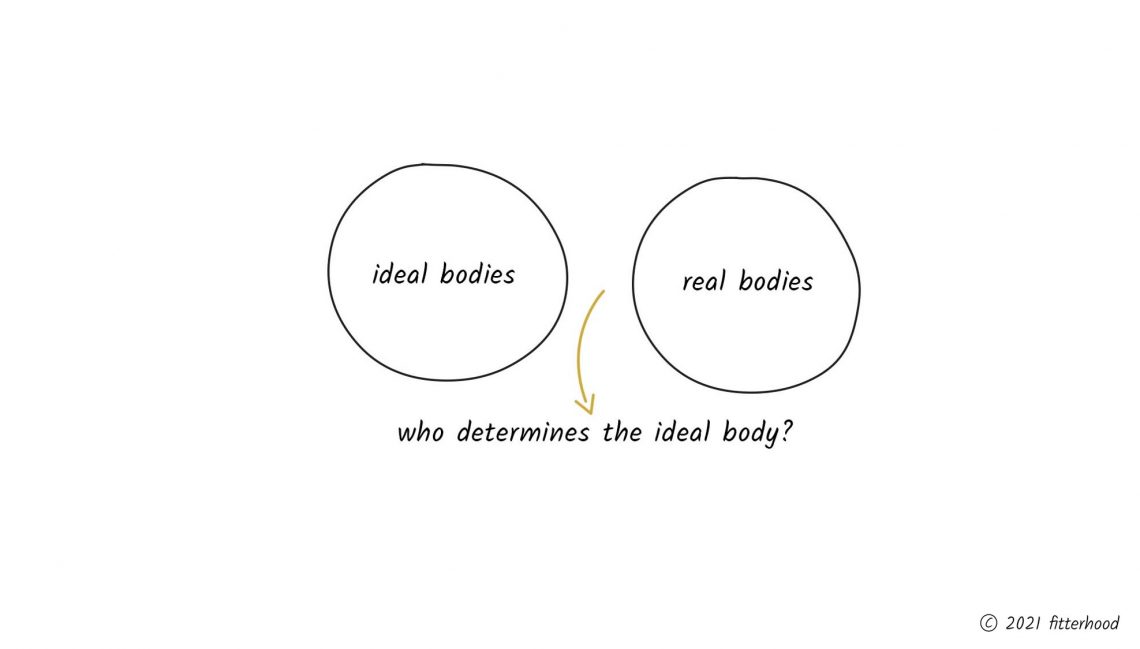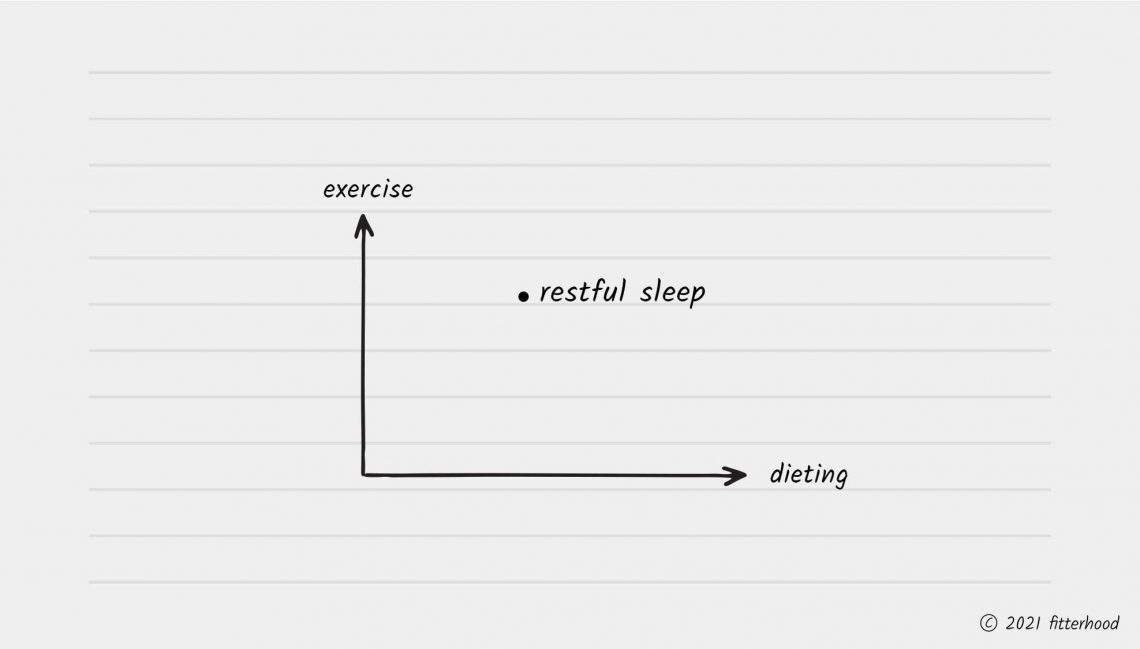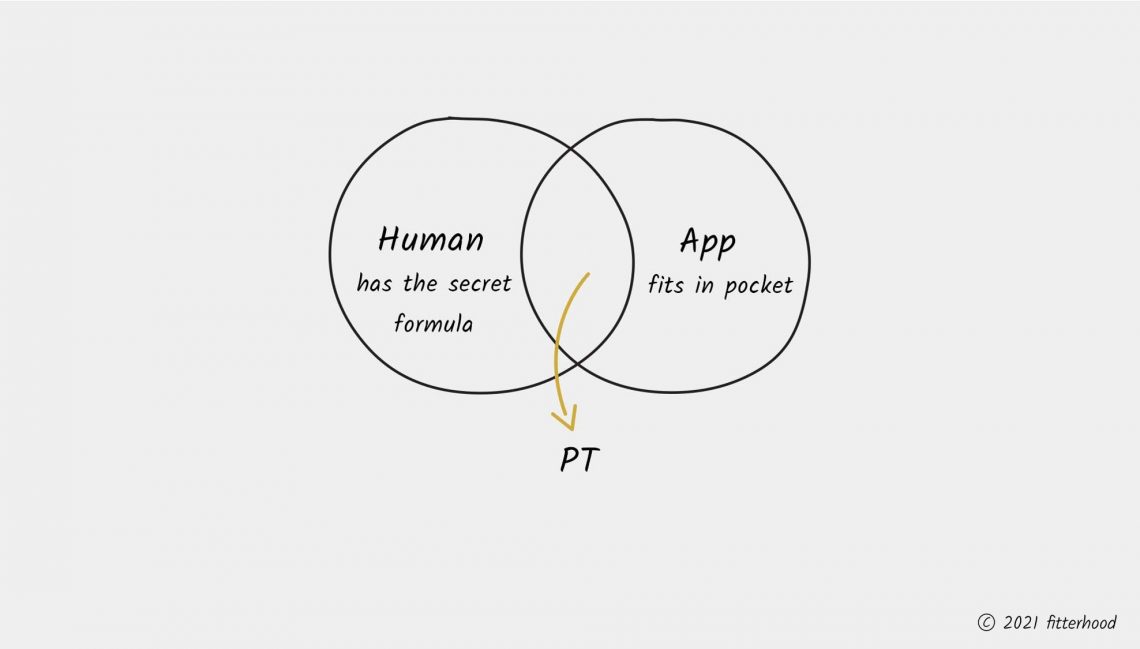Blog
Thought starters and occasional mindset moments. Please explore, enjoy, and share.
-
What about exercise and stress?
What about exercise and stress? Exercising can be viewed as a positive stress to the body (unless you are overtraining). There are several physiological and biochemical adjustments required by our body to properly respond to the physical stress of exercise: i.e., to generate more energy and muscular force. The role of the Endocrine System is central in regulating many of these adjustments. It works closely with the nervous system to: 1. prepare the body for exercise, accelerate the metabolism, heart rate, and breathing, as well as stress hormone release. 2. restore homeostasis (state of internal balance) after exercise stress, because working out triggers a fight or flight response. Epinephrine and…
-
How does the thyroid not work?
How does the thyroid not work? Hashimoto’s symptoms can go unnoticed early on, but the likely outcome for Euthyroid patients is positive. Meaning, you can reverse this difficult condition. First let us understand the full process and the hormones at play. The CEO in the brain (Hypothalamus) and Managing Director (Pituitary) are the decision makers on how much hormones are released from the Thyroid gland. You can meet the full management team here. Pituitary releases TSH (Thyroid Stimulating Hormone), which instructs the thyroid to produce mostly thyroxine (T4) the main inactive hormone, and a smaller amount of triiodothyronine (T3) the active form that our cells can use. T4 must get…
-
Is stress healthy?
Is stress healthy? It depends. The stress response is the set of reactions induced in the body each time we are confronted to a stressor, i.e., anything that disrupts our physiological and psychological balance (homeostasis). Stressors, whether positive or negative, trigger a fight or flight situation. Stress is therefore necessary and crucial for surviving life’s ups and downs. It all starts with the alarm stage. The heart begins to pound, the muscles tense, and the mouth dries. These are physical adaptations to changes in various hormone levels. The major stress hormones are cortisol, epinephrine (commonly known as adrenaline) and norepinephrine (noradrenaline). Cortisol, the most important hormone in a stress response,…
-
Hashimoto’s Thyroiditis you said?
Hashimoto’s Thyroiditis you said? Hashimoto’s Thyroiditis was named after the Japanese doctor who described it in 1912. It was recognised in 1957 as an autoimmune disorder. Thyroiditis, means an inflammation of the thyroid gland. Typical age of onset of the disease is between 20 (yes, that early) and 30. It usually appears during puberty for those with strong predisposition. It can manifest with hyperthyroid episodes at first but will evolve into a hypothyroid. Symptoms mostly exacerbate between 30 and 50, that is why it is typically detected during those years. Most Hashimoto’s patients have high blood levels of TPO-Ab (Thyroid Peroxidase Antibodies). TPO is an enzyme found in the thyroid…
-
Fight or Flight?
Fight or Flight? Our body has a defense mechanism in our immunity system since the dawn of the humanity’s time on this earth. A defense mechanism that 4 million years of evolution did not manage to take away. The fundamental thing that inspires us all to move (or not) is fear. That “unpleasant emotion caused by the threat of danger, pain, or harm”. It triggers the fight or flight survival mode response. And the cascade of hormones that follow. Stress is this physiological response to a stimulus: anything that could trigger survival mode. Not only the kind of triggers that seem to signal and impeding apocalypse. It could be physical…
-
What is Euthyroid anyway?
What is Euthyroid anyway? Hypothyroidism and hyperthyroidism are the most known Thyroid diseases. But there’s Hashimoto’s Thyroiditis, an autoimmune disease that touches (yours truly) and some 12% of women. Hashimoto’s shares symptoms of Hypothyroidism and Hyperthyroidism but having the symptoms does not mean that you are both. A person with Hashimoto’s autoimmune disease starts as a Euthyroid patient. In other words, they have not yet developed enough thyroid dysfunction to be labelled as Hypothyroid (because that is generally where they are headed). Hence no medication treatment is required for most, as their goiter is still asymptomatic. Moreover, by classical medical standards, the lab tests of Euthyroid patients would still rate…
-
Are you living with Hashimoto’s?
Are you living with Hashimoto’s? Not a Japanese boyfriend. No. There are many types of thyroid disease. Hashimoto’s is one of them. Hashimoto’s Thyroiditis is an autoimmune disease, i.e. your immune system produces antibodies to neutralize your thyroid (the butterfly shaped gland at the front of your neck). This damage to the thyroid gland causes inflammation, or Thyroiditis. Over time, it creates a weak thyroid function (lazy thyroid), and when left untreated, the gland can stop working altogether, leading to what is known as hypothyroidism. That is why they sometimes call Hashimoto’s the invisible hypothyroidism. There is a difference between Hashimoto’s Thyroiditis and hypothyroidism. They are often confused because they…
-
Is there an ideal weight?
Is there an ideal weight? Finding the ‘ideal weight’ is a dilemma for most women. Especially after pregnancy and the pressure to ‘snap back’ into pre-baby body weight. When I became a first-time mom, I remember proudly snapping back into my pre-pregnancy jeans. Little did I know back then the harm I was doing my body by taking it down the path of dieting once too often. After 3 C-sections, with everything that came before, after, and in-between, the days of being at peace with my body were once again gone. I learned the hard way, that our bodies are genetically programmed to find and maintain a certain weight that…
-
What is better for weight loss?
What is better for weight loss? Is it dieting? Is it exercise ? Or both? The answer maybe be SLEEP. Sleep determines how much you eat, which foods you crave, and what your body does with the calories. Sleep also controls your insulin sensitivity. Poor sleep has an impact on appetite (caused by the release of two important hunger hormones, ghrelin and leptin). It also decreases resting metabolism. Anything between 7 and 9 hours of sleep – depending on your individual needs – is considered a healthy average. What time you go to sleep and what time you wake up determine the amount of restful sleep that you get.…
-
Personal Trainer Apps vs. Human PT?
Human Personal Trainer vs. Apps? No one is born being a pro, and not all of us can self-train. But I’m sorry girls, nothing replaces a proper human PT. A Personal Trainer that you can slide into your pocket any time of day is not always efficient, because the real challenge is not just about getting started but keeping it up. PT Apps have benefits: accessible, more affordable than in-person training, flexible to your schedule (much too flexible), and with great variety. Some even track progress, calorie count, and have an exercise motivator, or an actual trainer in real-time. But with the right human PT, the benefits are endless and…

